Sugar. One food, many different opinions. The subject of sugar is discussed heavily and is seen more controversial than almost any other topic. You can often read about the many harmful effects of sugar on the body. Sugar makes us fat, can lead to an addiction and can favour various diseases such as diabetes type 2. These are just some of the headlines that immediately catch your eye when you take a closer look at the topic of sugar.
But how harmful is sugar really? How much sugar does our body need? Does sugar really make us sick? We have dealt extensively with these and other questions and now we would like to share our results with you.
What is sugar?
From a purely chemical point of view, sugar is called sucrose. To be precise, household sugar consists of disaccharides, which consist of the monosaccharides glucose (dextrose) and fructose. Household sugar is mainly produced by the two green plants sugar cane and sugar beet during photosynthesis, as these two are the only plants that can store sugar in large quantities.
How many calories does sugar have?
Sugar consists of 100% carbohydrates and is therefore a carbohydrate supplier in its purest form. 100 grams of sugar therefore also contain 100g of carbohydrates. With 387 calories per 100 grams, sugar is a food with a high calorie density. The physiological calorific value of sugar is thus 4 kcal (16.8 Kj) per gram.
Does our body need sugar?
Even though sugar is often referred to as the white poison of the 21st century, our body needs carbohydrates as they are the preferred source of energy for our body. The simple sugar dextrose, also called glucose, is our most important source of energy, because our brain alone burns about 130-140 grams of glucose per day. But our body can also produce sugar itself by splitting the polysaccharides (starch) contained in for example bread or pasta. To clearly answer your question of whether our body really needs sugar: Yes, our body needs sugar because it is an important source of energy for the human organism.
How is sugar processed by the body?
Since there are different types of sugar, namely monosaccharides, disaccharides and polysaccharides, these are also processed differently by our body.
Dextrose (glucose) or household sugar (sucrose), which consists of 50% glucose and 50% fructose, can be quickly utilized and absorbed by the body. These simple sugar forms can quickly get into our bloodstream through the intestines and let our blood sugar level rise rapidly. This quickly supplies our body and brain with the necessary energy.
Fructose and glucose comprised in fruits and vegetables are processed by our body in a similar form, but a little slower, and the sugar contained also reaches our blood circulation quickly.
The slowest way to increase our blood sugar is to consume oligosaccharides (multiple sugars), such as starch found in cereals, potatoes, bread and pulses. The body must first convert the starch into glucose. Only after this conversion the glucose is transported to the individual cells via the blood.
Does sugar make you sick?
When we supply our body with sugar or food that contains sugar, the blood sugar level rises. These fluctuations in our blood sugar levels can be compensated by the body. However, this is only the case if these fluctuations occur on a normal level. Excessive consumption of industrial sugar can put a strain on our bodies, because the pancreas has to quickly release large amounts of insulin to normalize blood sugar levels.
In the long run, the pancreas can be overwhelmed, and not enough insulin can be produced. This means that the sugar level no longer drops to its normal level and our cells can become insulin-resistant. In the worst case, this condition can lead to type 2 diabetes. Therefore, as in many other cases, the quantity is decisive, because as far as sugar is concerned: the quantity makes the poison. That is why sugar does not automatically make us ill but in the end the quantity is crucial.
What are the symptoms of high sugar consumption?
Excessive sugar consumption can have various symptoms. These include the following:
- Persistent hunger
- Fatigue
- Strong thirst
- Unwanted weight loss
- Concentration difficulties
- Frequent infections
- Visual disturbances or blurred vision
- Frequent urination
If you have any complaints or symptoms of high sugar consumption, you should consult a doctor and take a closer look at your sugar consumption.
Is brown sugar healthier than white sugar?
Even if you might think that brown sugar looks a little bit like the whole-grain version of white sugar, that’s not the case. Brown sugar only contains a slightly higher amount of minerals and vitamins than its white counterpart. Brown sugar is full sugar from the sugar beet and sugar cane. The brownish colour of brown sugar comes from the fact that the molasses, a substance produced during sugar processing, is not removed. Since brown sugar is hardly any different from white sugar, neither is it healthier.
What are the natural sugar alternatives?
Here you can find an overview of different sugar alternatives:
- Honey
- Agave syrup
- Dates
- Rice syrup
- Maple syrup
- Ripe bananas
- Coconut blossom sugar
- Apple syrup
- Stevia
Is honey better than sugar?
Honey is a natural sugar alternative. Honey consists of 80% sugar, namely dextrose and fructose, and 20% water. Since honey is a little bit sweeter than conventional household sugar due to its higher fructose content, less honey is needed for the same sweetening power.
Although honey contains very similar substances to sugar, from a nutritional point of view it has a different effect on our body than household sugar. Even though honey is a natural product, like household sugar, a high consumption of honey can damage our teeth, intestines and pancreas.
Agave syrup compared to sugar
Agave syrup is obtained from the agave plant. As agave syrup consists of a mixture of fructose and glucose, it has one of the lowest glycemic indices among natural sweeteners. (For your information: the glycemic index (GI) indicates the effect of a carbohydrate-containing food on blood sugar levels).
The GI of agave syrup is about 20% which is rather low compared to the GI of household sugar which is 70%. As a result, the blood sugar level rises and falls much slower when consuming agave syrup, so that cravings can be prevented. In addition, agave syrup has approximately 100 calories less per 100g than usual white sugar. The nutrient balance of agave syrup is however similar to that of sugar. It is therefore a slightly healthier alternative to conventional table sugar but should still only be consumed in moderation.
Dates and date syrup compared to sugar
The fructose content in dates is the same as in household sugar, but dates contain various minerals such as folic acid, iron, magnesium, potassium and vitamins A and D.
Dates are also suitable for diabetics and with an energy density of only 282 calories per 100g (compared to 387 cal./100g in sugar), dates are slightly lower in calories than sugar. The blood sugar level does not rise so quickly when eating dates, but they still quickly supply us with energy.
Our new TCM porridges for example are sweetend with dates.
Maple syrup compared to sugar
Like honey, maple syrup is a natural sugar alternative. Maple syrup is thickened juice from the sugar maple. Maple syrup contains various minerals such as potassium, iron and magnesium compared to conventional household sugar. The quality of maple syrup can be recognised by its colour: The lighter the syrup, the higher the quality.
Maple syrup has a sugar content of about 65 percent. It is also rich in various minerals and has a lower calorie content than honey or sugar. Maple syrup is therefore a slightly healthier alternative. Compared to household sugar, you can save 35 percent in calories.
How much sugar a day is healthy? Your daily sugar requirement
An adult should consume a maximum of 50 grams of sugar when having about 2000 calories per day. According to the latest publications of the World Health Organization (WHO), you should even consume a maximum of 5 percent of sugar measured against the total calorie quantity, i.e. about 25 g sugar per day.
These percentages refer to the intake of the so-called free sugar. Free sugars include monosaccharides (glucose and fructose) and disaccharides (such as sucrose or household sugar). Free sugar can be added to foods and beverages in the form of added sugar or is naturally found in honey, syrup, fruit juice concentrates and fruit juices. For the sugar contained in fruit, vegetables and various dairy products, there is no WHO recommendation regarding maximum intake.
Low-sugar breakfast from Verival
The subject of sugar is also becoming increasingly important for us at Verival. That is why many of our mueslis and porridges have no added sugar. Our new TCM porridges, for example, are naturally sweetened with dates. If you particularly pay attention to a low-sugar diet, you can easily filter our products without added sugar in our Verival online shop. Simply select “No added sugar” in the filter and you can easily discover your breakfast without added sugar.
Although sugar is often said to be the white poison of the 21st century, it is not harmful to have sugar in small amounts. The human body needs sugar as an energy source to function properly. According to the WHO, in order to prevent various diseases, the proportion of free sugar should be kept as low as possible and added sugar especially household sugar should be avoided. But as with any other food, the amount makes the poison and so it is alright to have sugar from time to time in smaller amounts.
Recommended articles
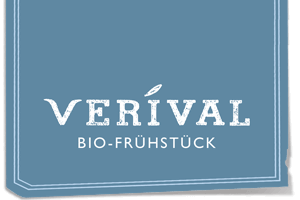






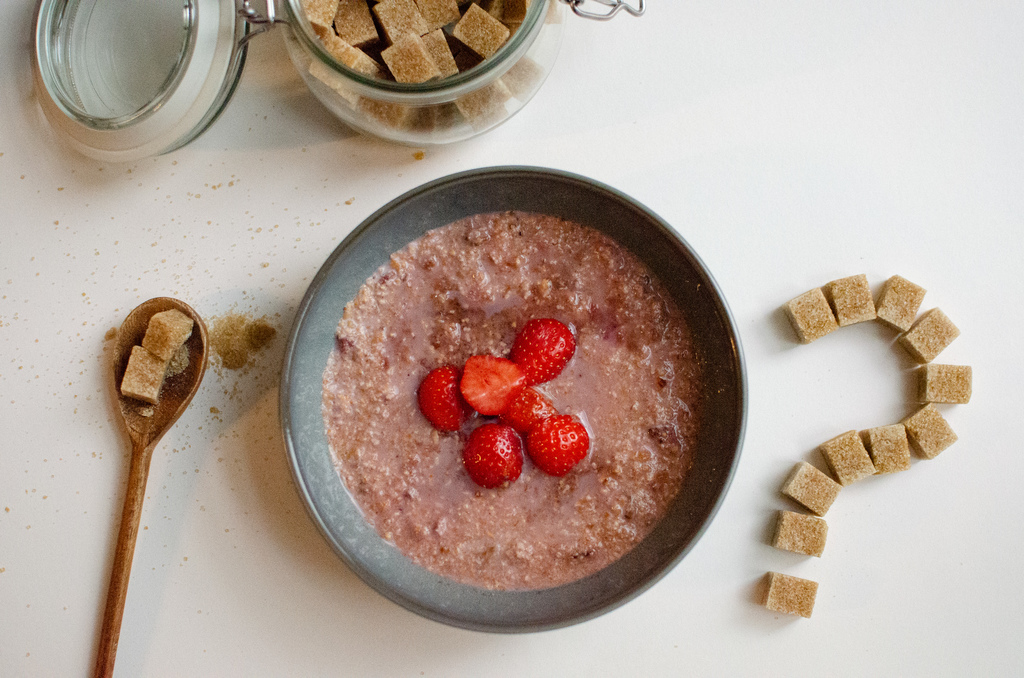
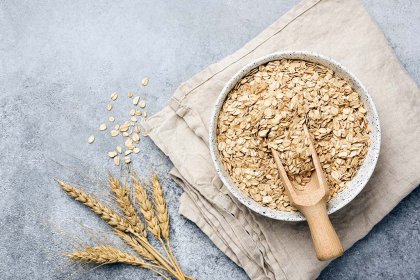
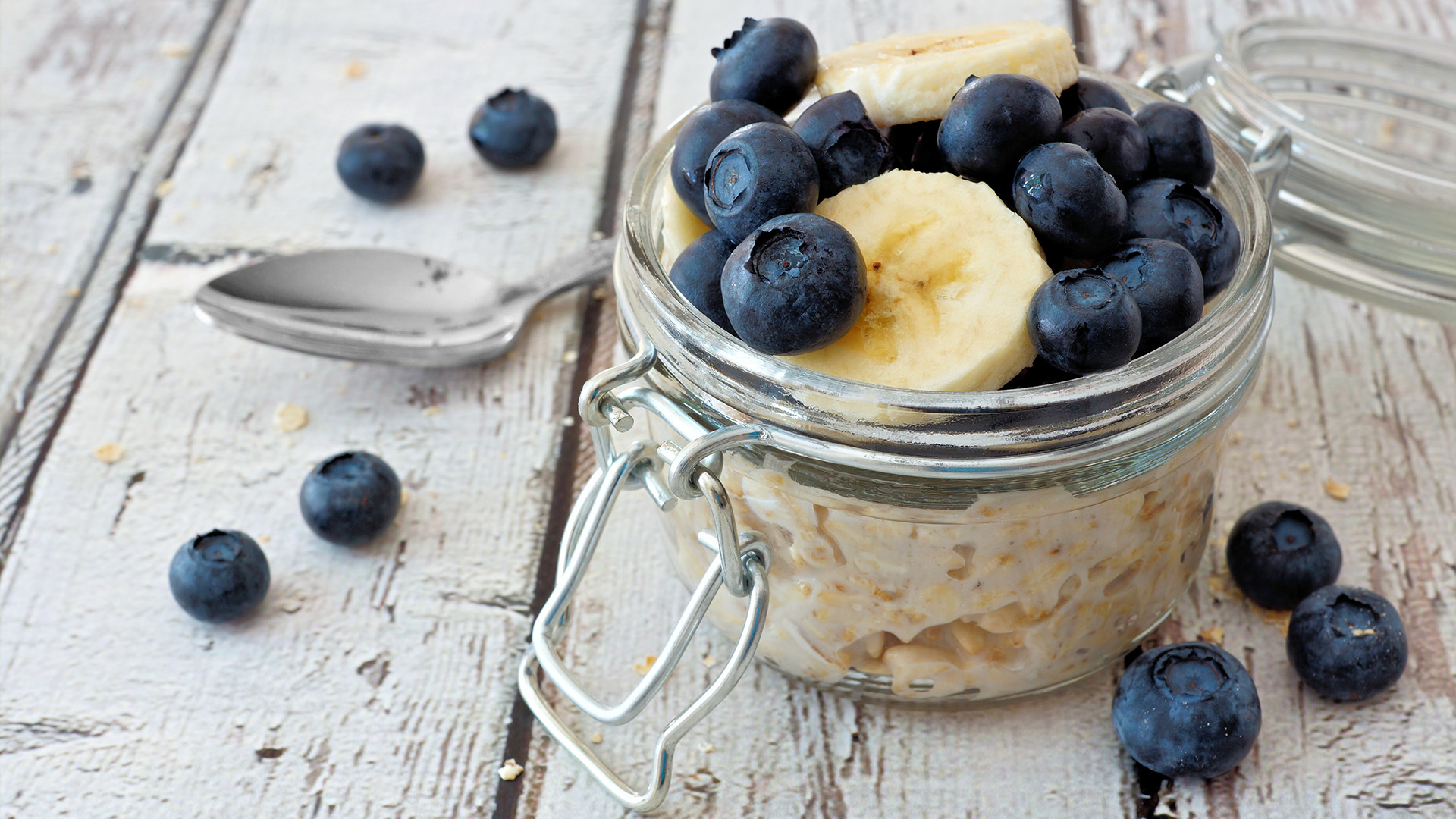
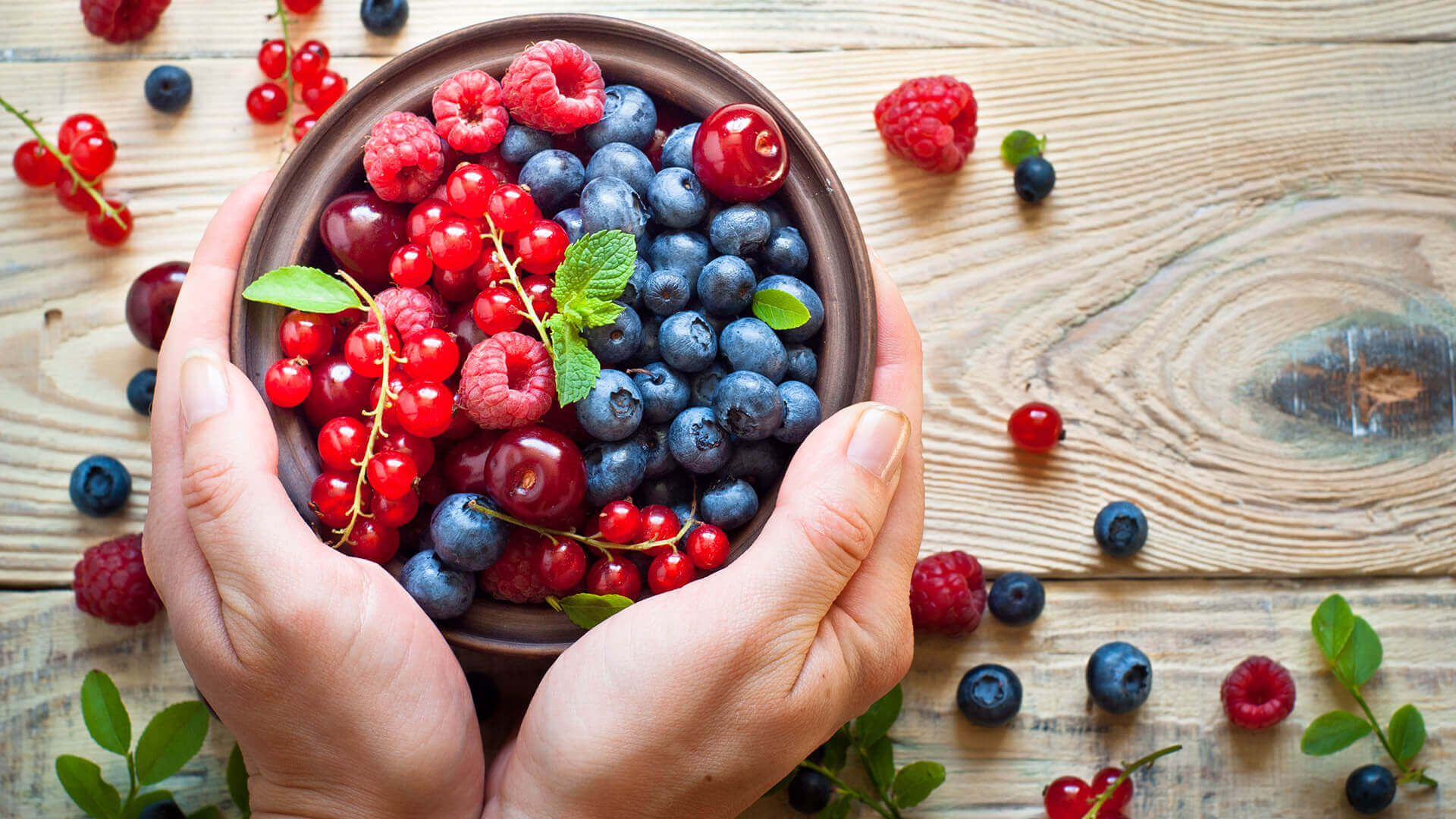
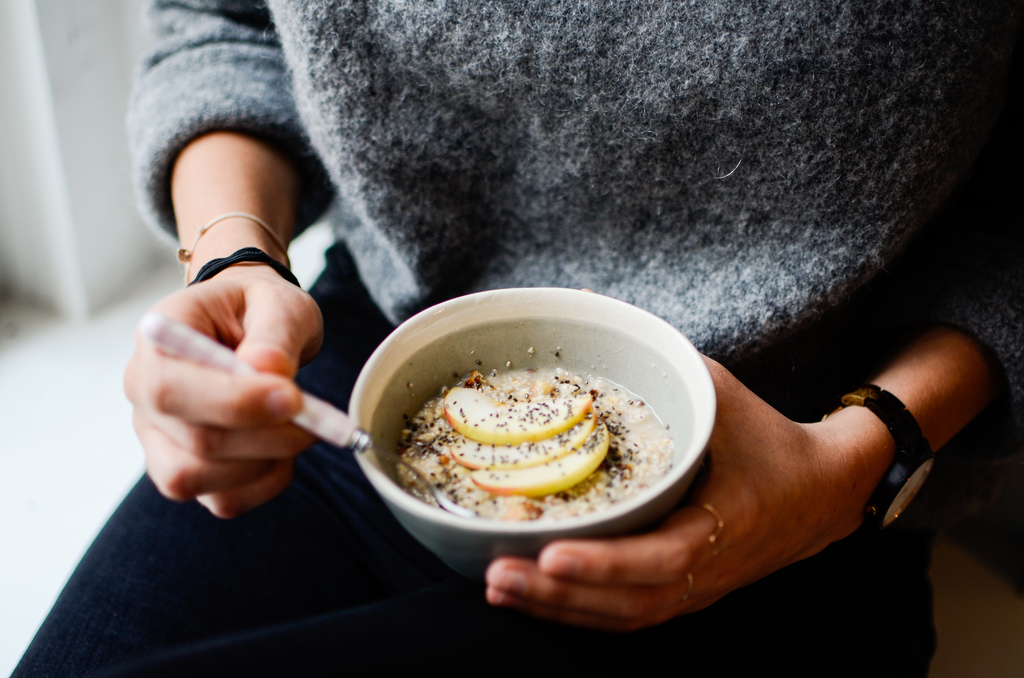
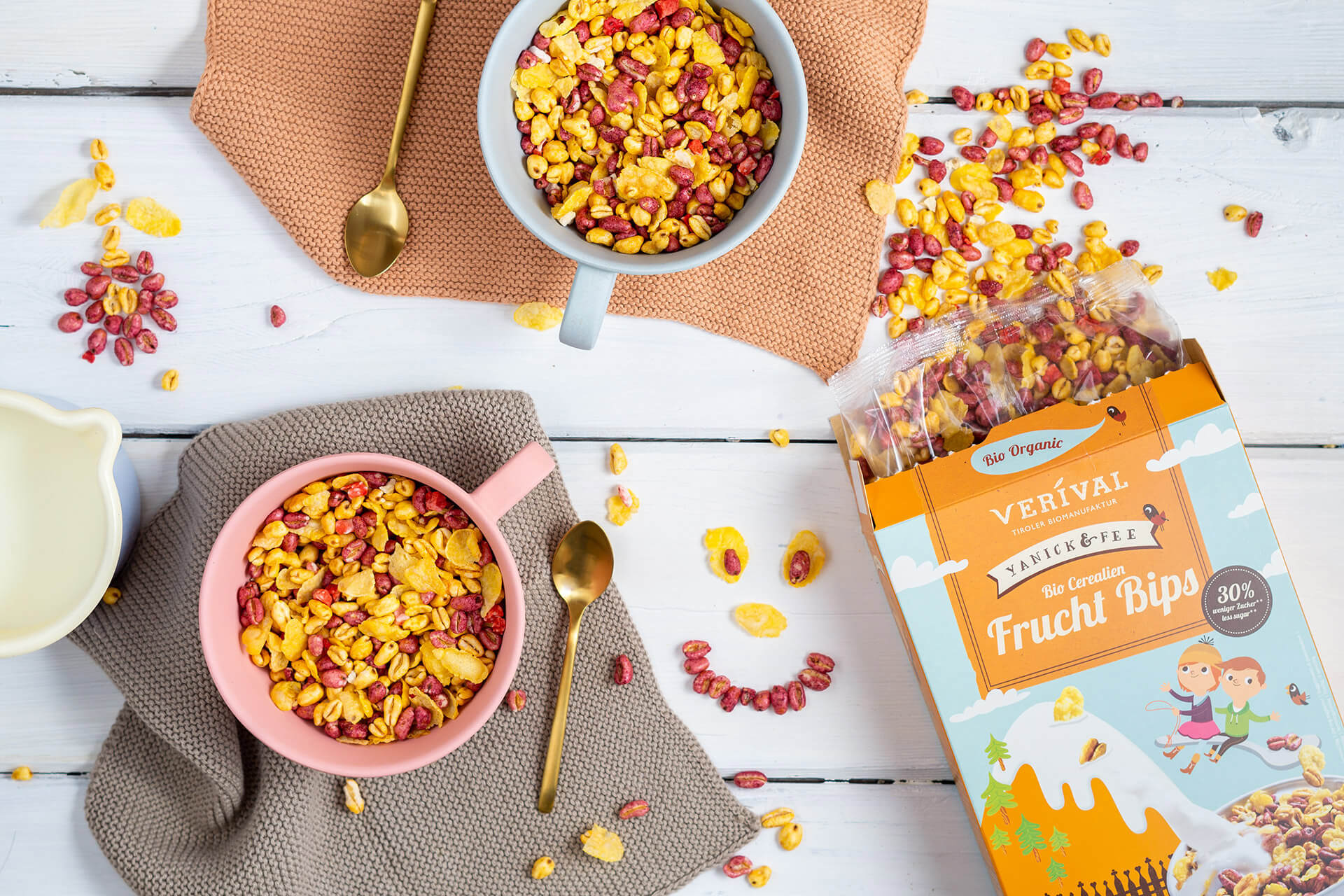
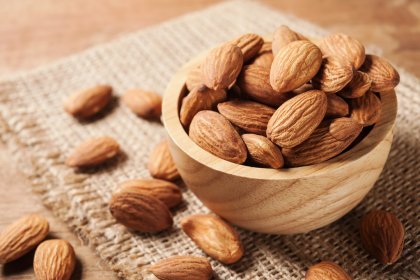
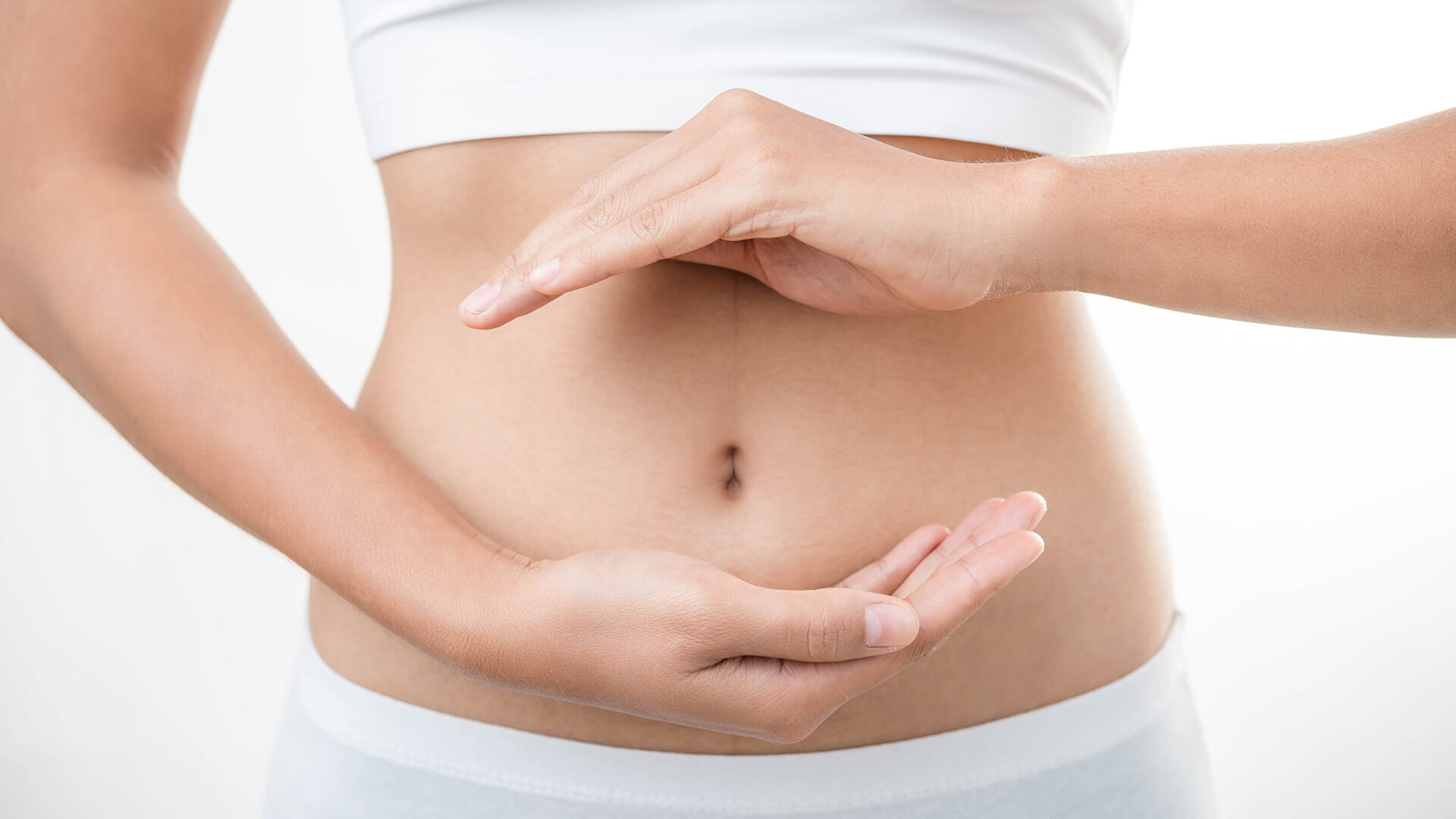
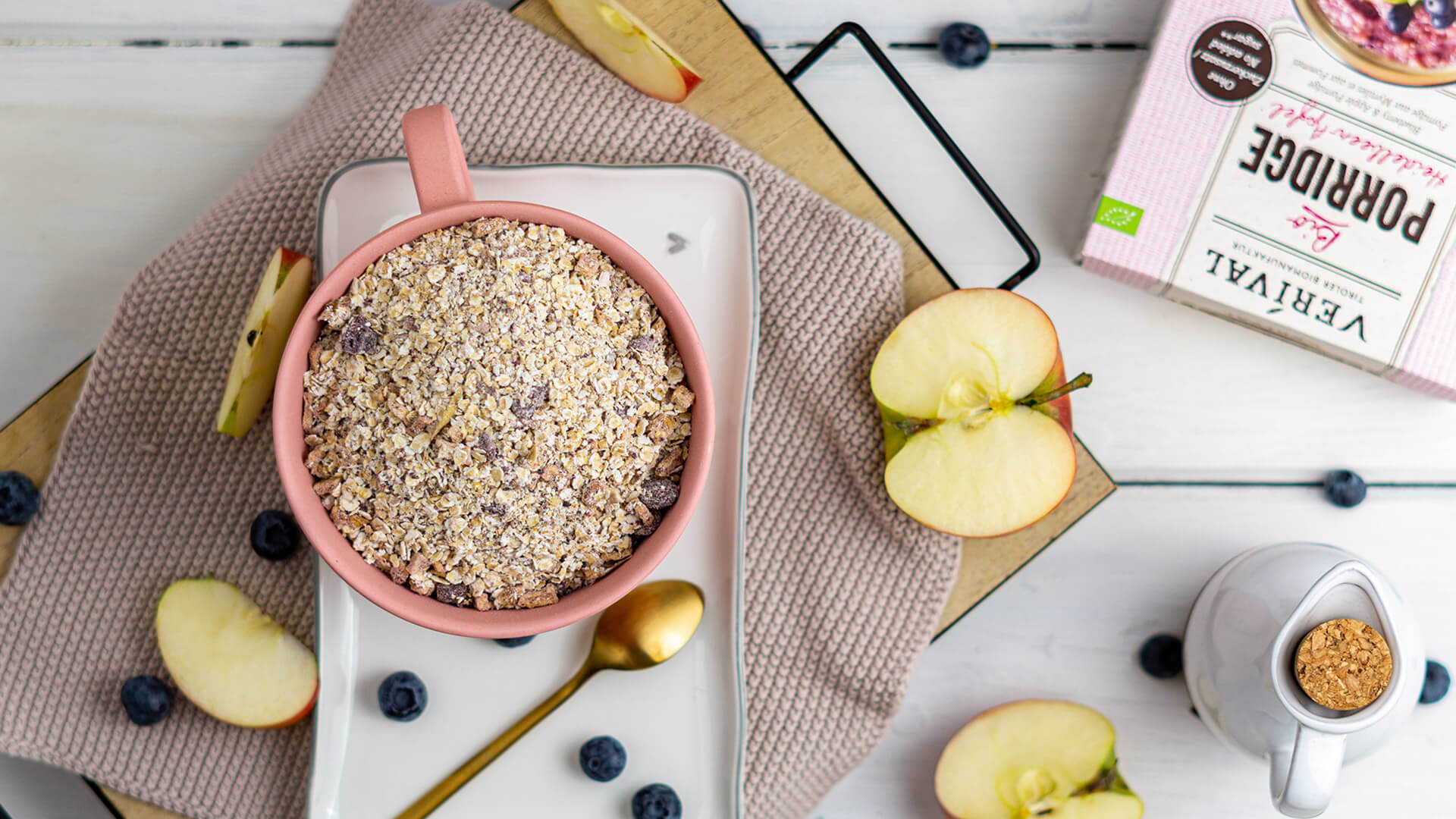
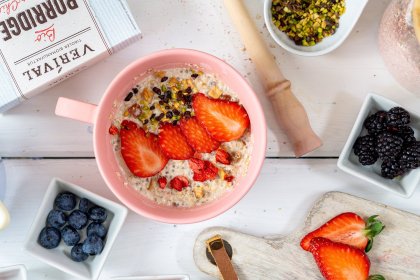
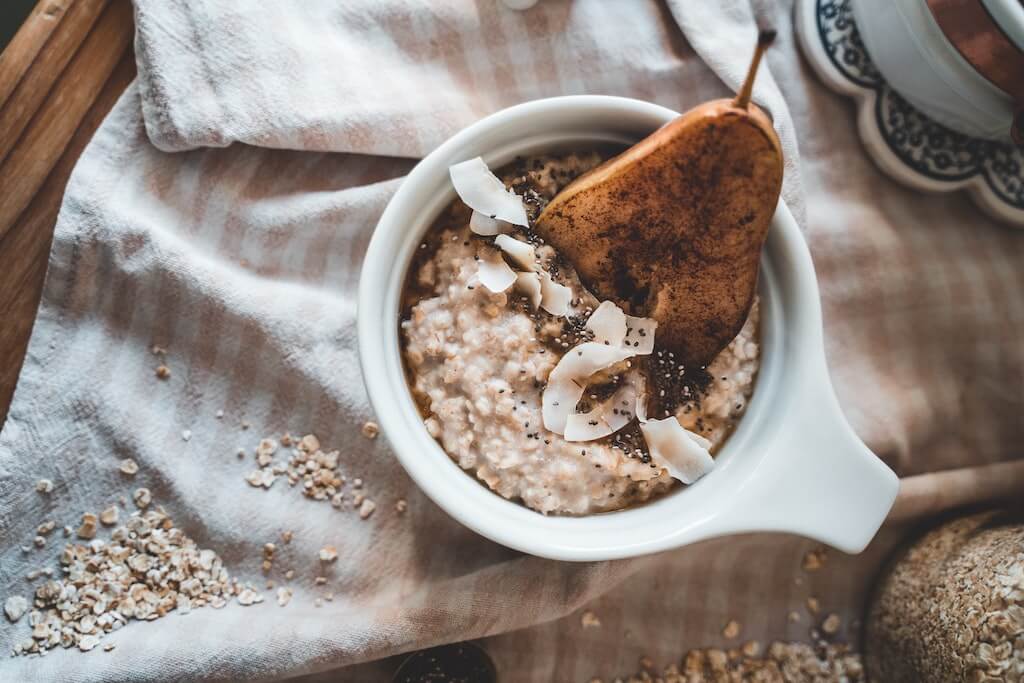
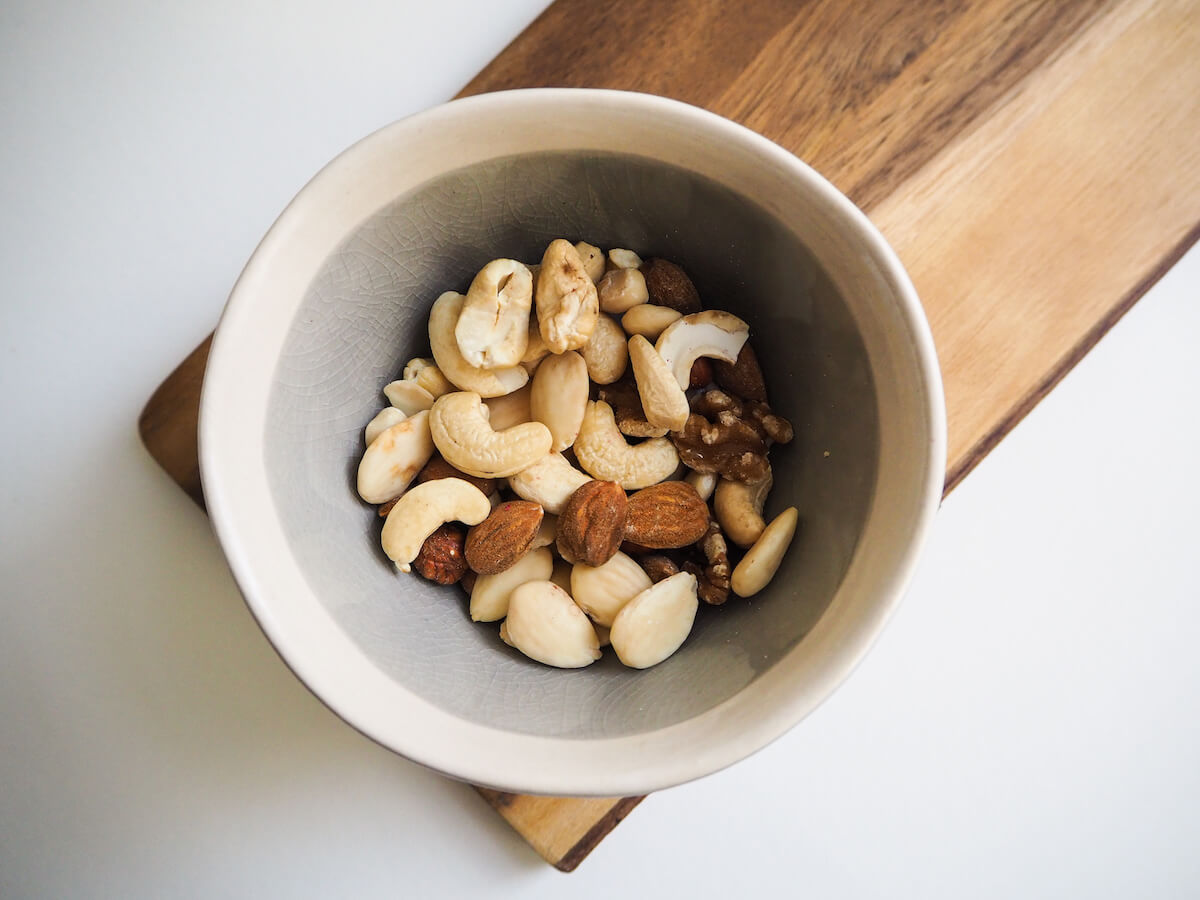

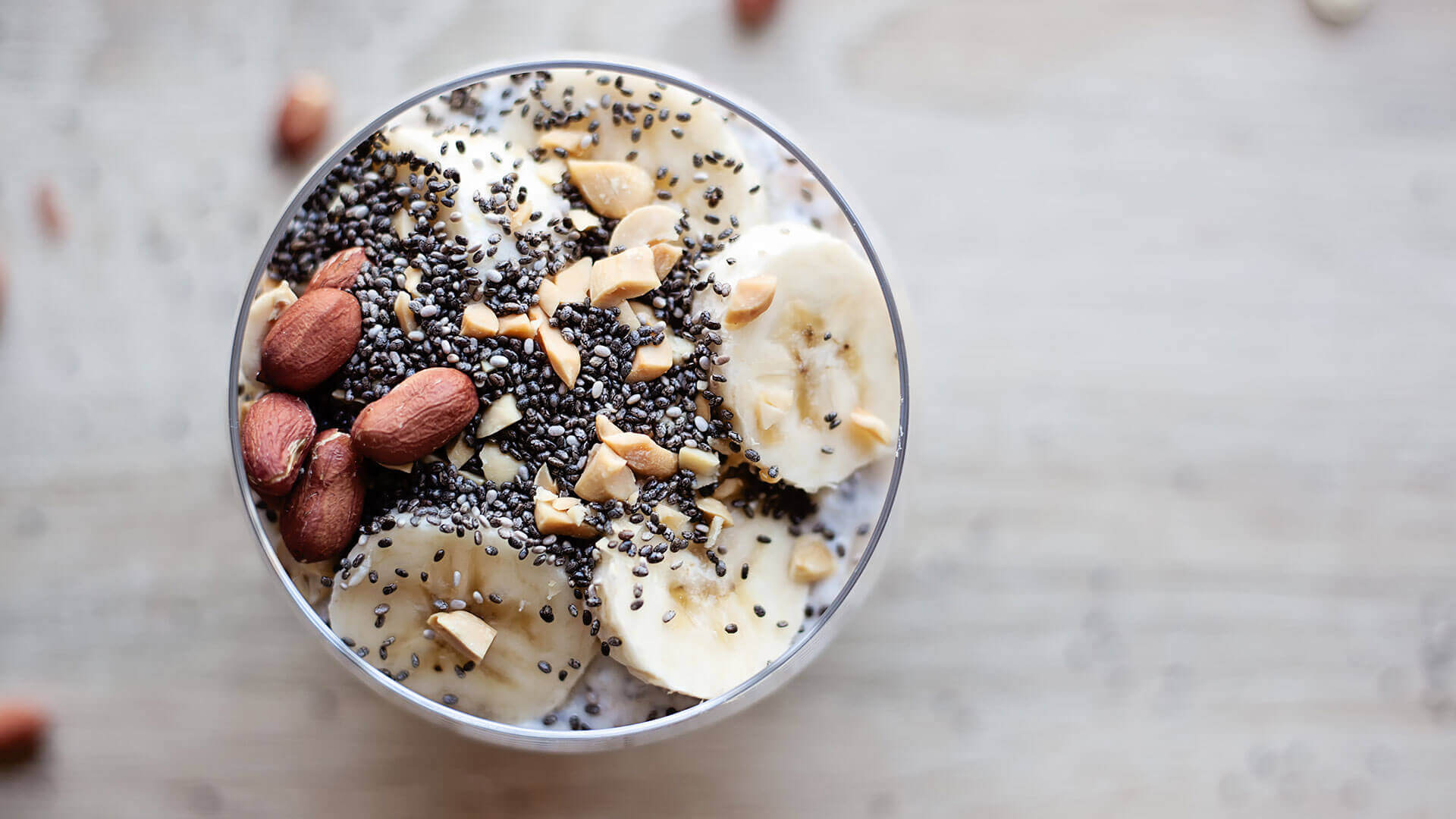

Do you like this post? Share it with friends: